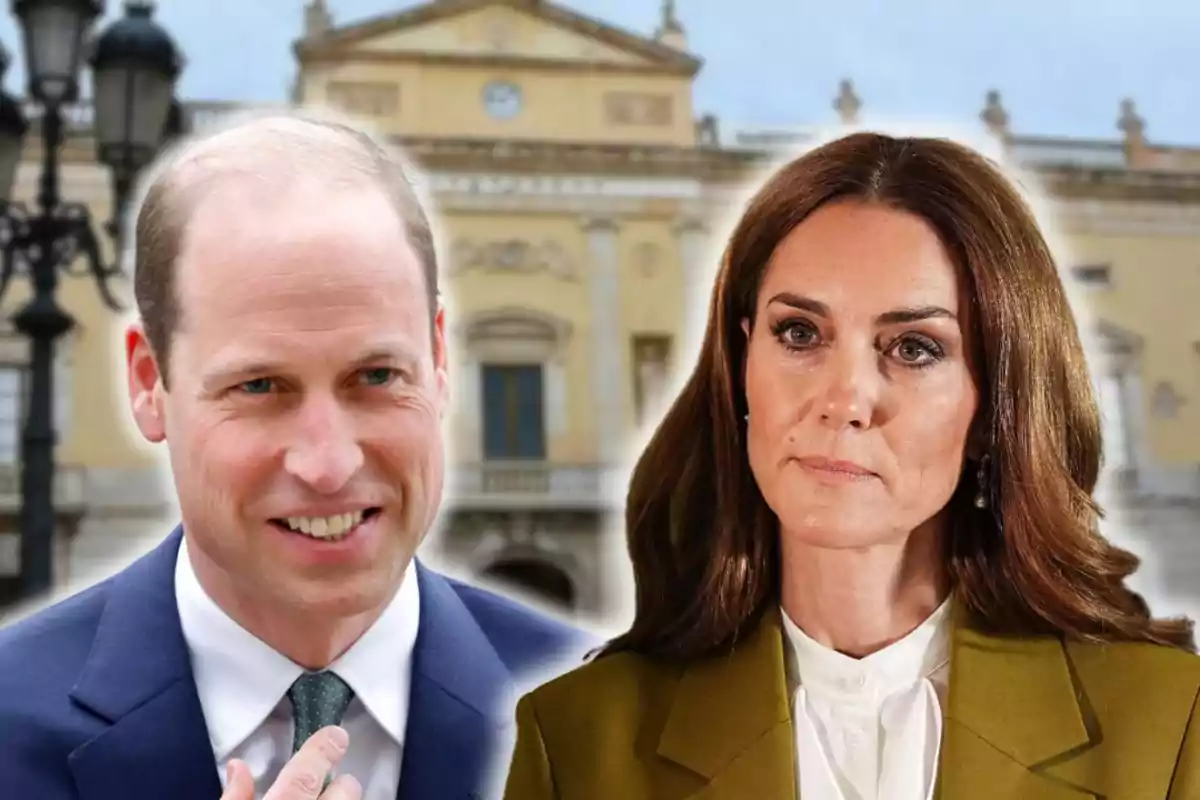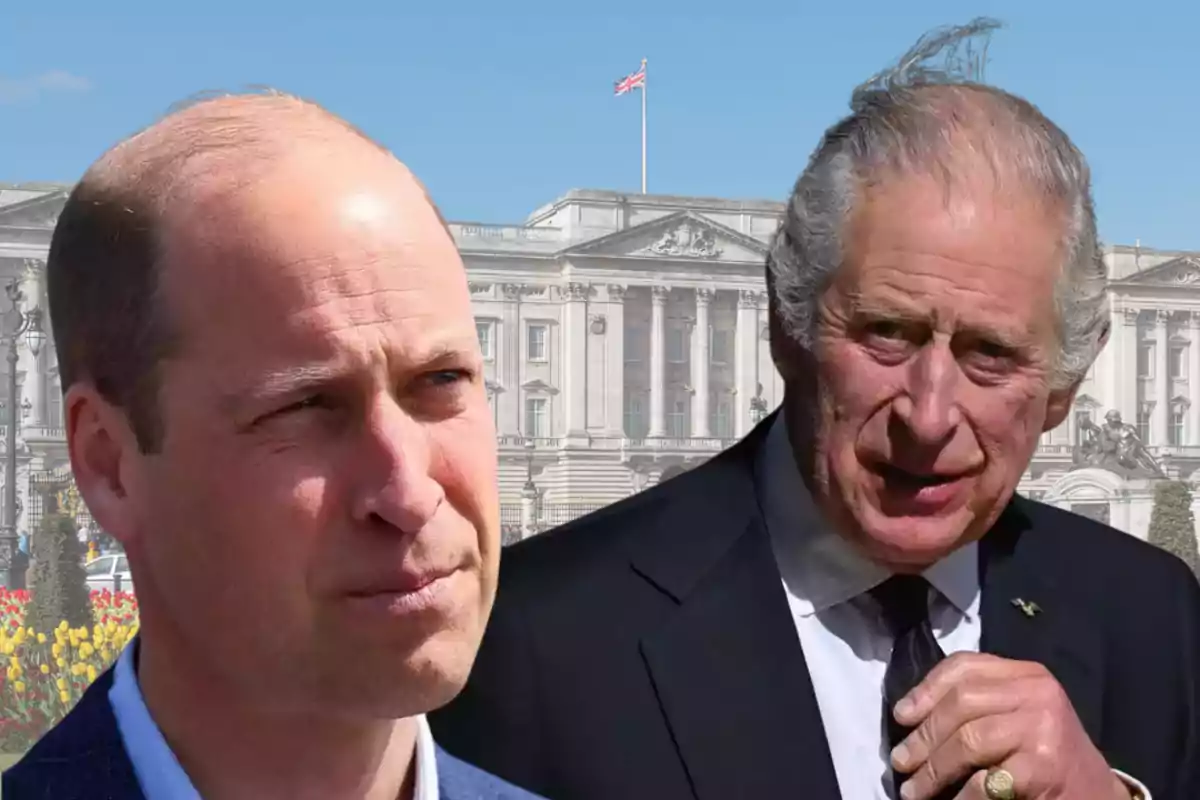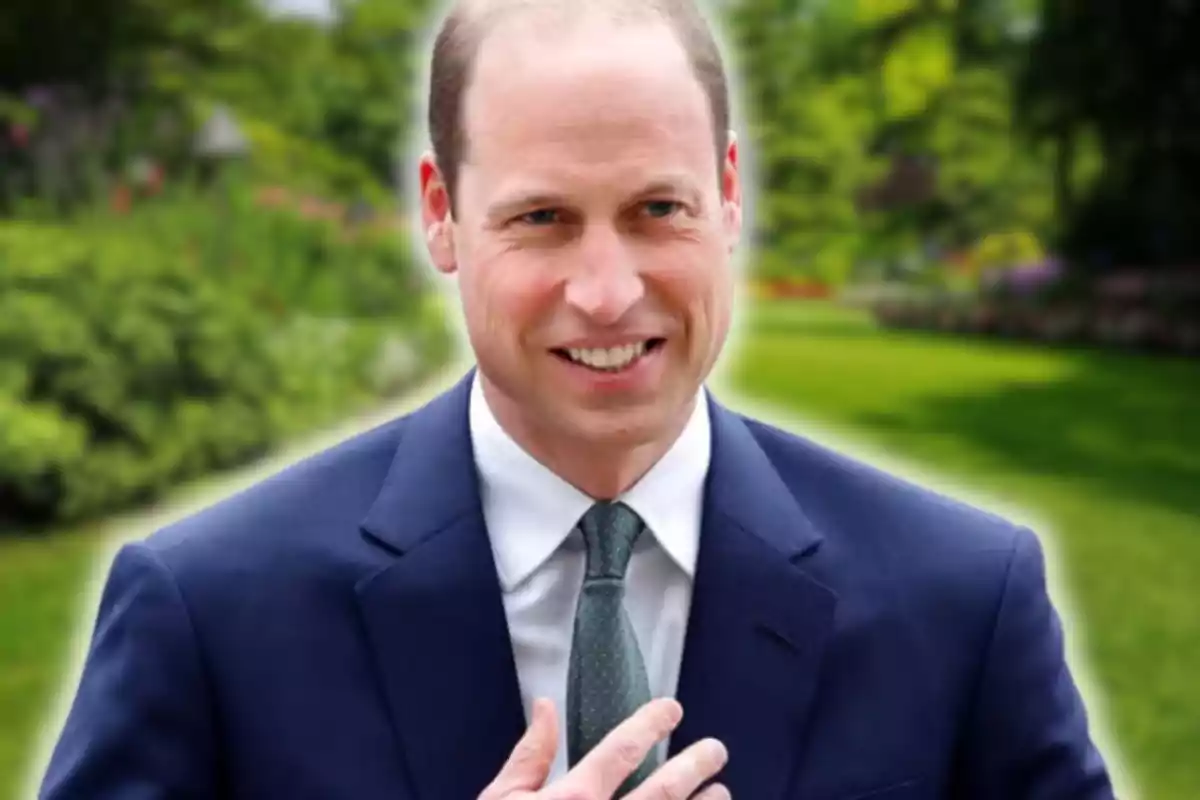A commitment inherited from his mother is marking a turning point in Prince William's institutional work. Far from controversies and focused on a deep social purpose, the British heir is expanding his role with "Homewards," a program that just reached its second year and has emerged as a real and credible proposal. The trip to Sheffield and an official announcement from Kensington Palace have confirmed that this is not an isolated action, but the beginning of lasting change.
Homewards in action in Sheffield and beyond
In an exceptional statement issued at the end of June from Kensington Palace, it was detailed that William would travel to Sheffield this Tuesday to visit the "Innovative Housing Project." There, he will learn about a pioneering model aimed at young people at risk of becoming homeless, as part of a network that covers six key cities, including Aberdeen, Newport, and Sheffield.
This program, which already has more than 100 initiatives, includes very concrete strategies. Use of data, early intervention, and creation of job opportunities. Most importantly, several beneficiaries have already left the streets thanks to this boost.

The first operational plan of Homewards began with the inauguration of the first homes, support for local shelters, and the arrival of the "Homewards Fund," co-financed by entities such as Lloyds Banking Group and Hays. The prince's personal involvement is clear: he guarantees ongoing communication with the team, attends meetings, and draws on international experiences that serve as inspiration.
A commitment with personal roots
The echo of those visits William made as a child with Princess Diana to shelters still resonates in his current actions. "I was deeply inspired," William himself has admitted in letters and statements about his career. This emotional bond adds weight to the institutional strategy: it is not just about ideas, but about lived experience.
From the third sector, figures such as Polly Neate —former director of Shelter— have praised the hope-generating and positively oriented approach. According to Neate, William and his team's model is changing the public narrative about homelessness, showing that "this situation is not inevitable and it can be prevented."

Michael Corbishley, local head of the program, describes the prince's ongoing contact with the coalitions and emphasizes his active participation. It is not a symbolic gesture, it is committed leadership.
Institutional and communicative repercussions
Kensington Palace broke the silence to frame this announcement as "a new direction" in William's social commitment. Far from sensationalist controversies, the Royal Household is committed to showing an active and modern face. This message coincides with other recent appearances that have reinforced the couple's playful and institutional work —such as their discreet but significant presence at events in Sandringham and Balmoral.
In addition, this social approach broadens William's public narrative, who has also recently debuted as a presenter in the documentary series Guardians on BBC Earth —focused on rangers— reinforcing his image as a defender of the planet.

The roadmap is clear: take Homewards beyond the United Kingdom to make it a global reference. Its local success could trigger a domino effect. Prince William has turned his personal legacy into institutional action. Homewards, now in a real implementation phase, is no longer a promise but has become a social engine with a life of its own.

